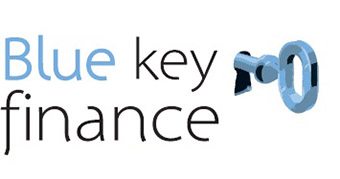How to stay on top of your household budget?
When your pay varies from week-to-week or month-to-month, it may feel harder to save and plan. But with a few simple steps, you can get your money sorted and get on with your life.
Know where your money goes
Take charge of where your money goes day-to-day by doing a budget.
This is a money plan that shows you how much is coming in and going out each month.
It puts you in control of your money. You can look at needs and wants, and prioritise what matters most.
Do a budget to manage your money so you can start saving.
For quick ways to reduce your spending and start saving, see simple ways to save money.
Start saving for when you earn less
Start saving some money — no matter how small the amount you can put aside.
Getting into a savings mindset means you can cope better when you earn less. Or if you need to take unpaid time off.
Saving also helps you set and achieve your money goals.
To get started, open a savings account. Many savings accounts offer a bonus interest rate if you meet certain conditions. For example, if you make regular deposits each month, or are under 30 years of age.
Smooth out your big bills
Some services, like electricity or phone, offer ‘bill smoothing’. This is where you pay bills in smaller amounts, instead of paying the whole amount in one go.
Ask your service providers if you can pay fortnightly or monthly, to avoid the shock of a large bill.
Avoid borrowing to pay off another loan, buy now pay later or credit card. Get help if you’re having trouble with money.
Know your rights
Check what you’re entitled to
Your type of employment affects your pay, conditions and entitlements.
For example, if you’re casual, you likely won’t get paid holidays or sick leave. But you must still get paid super if you are over 18 years. Or are under 18 and work more than 30 hours a week.
If you’re not sure if you are part-time, casual or a contractor, ask your boss.
To find out more about what you’re entitled to, see getting a job.
If you’re casual, you may have the right to become a permanent full-time or part-time employee. You need to be with the same employer for 12 months, with a regular pattern of hours. This is a ‘casual conversion’.
To find out more, see becoming a permanent employee on the Fair Work Ombudsman website.
Stay on top of your tax
How much tax you pay depends on how much you earn. Find out more about how income tax works and how much to pay.
For tips if you have a side hustle, see making money from a side hustle on the ATO website.
If you run your own business
For tips on managing money when you run your own business, see self-employment.
Get help if you need it
Financial counsellors help you manage debts and get your finances back on track. This is a free and confidential service.
Call the National Debt Helpline on 1800 007 007. Monday to Friday, 9:30am to 4:30pm. Or live chat, Monday to Friday, 9:00am to 8:00pm.




Leave a Reply
Want to join the discussion?Feel free to contribute!